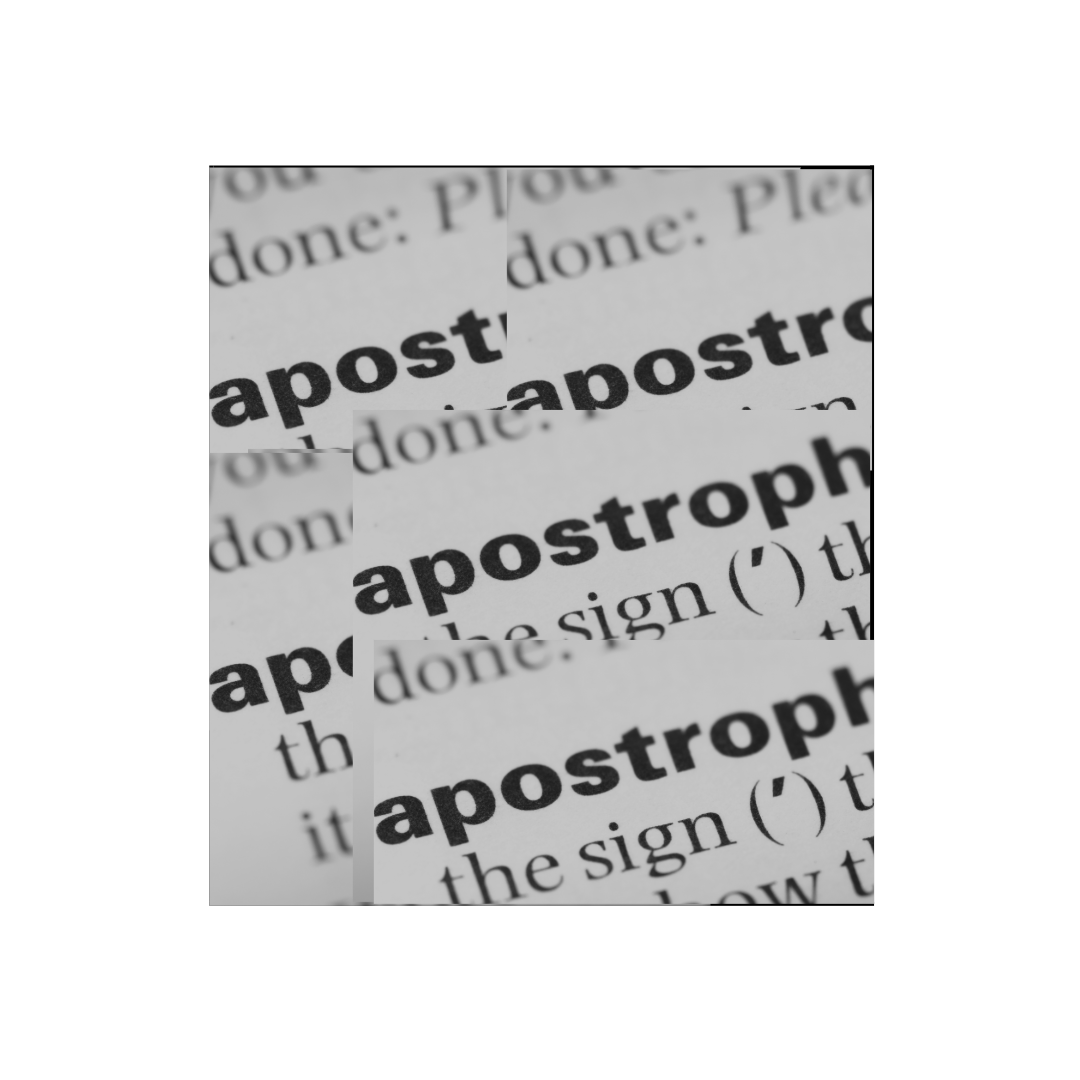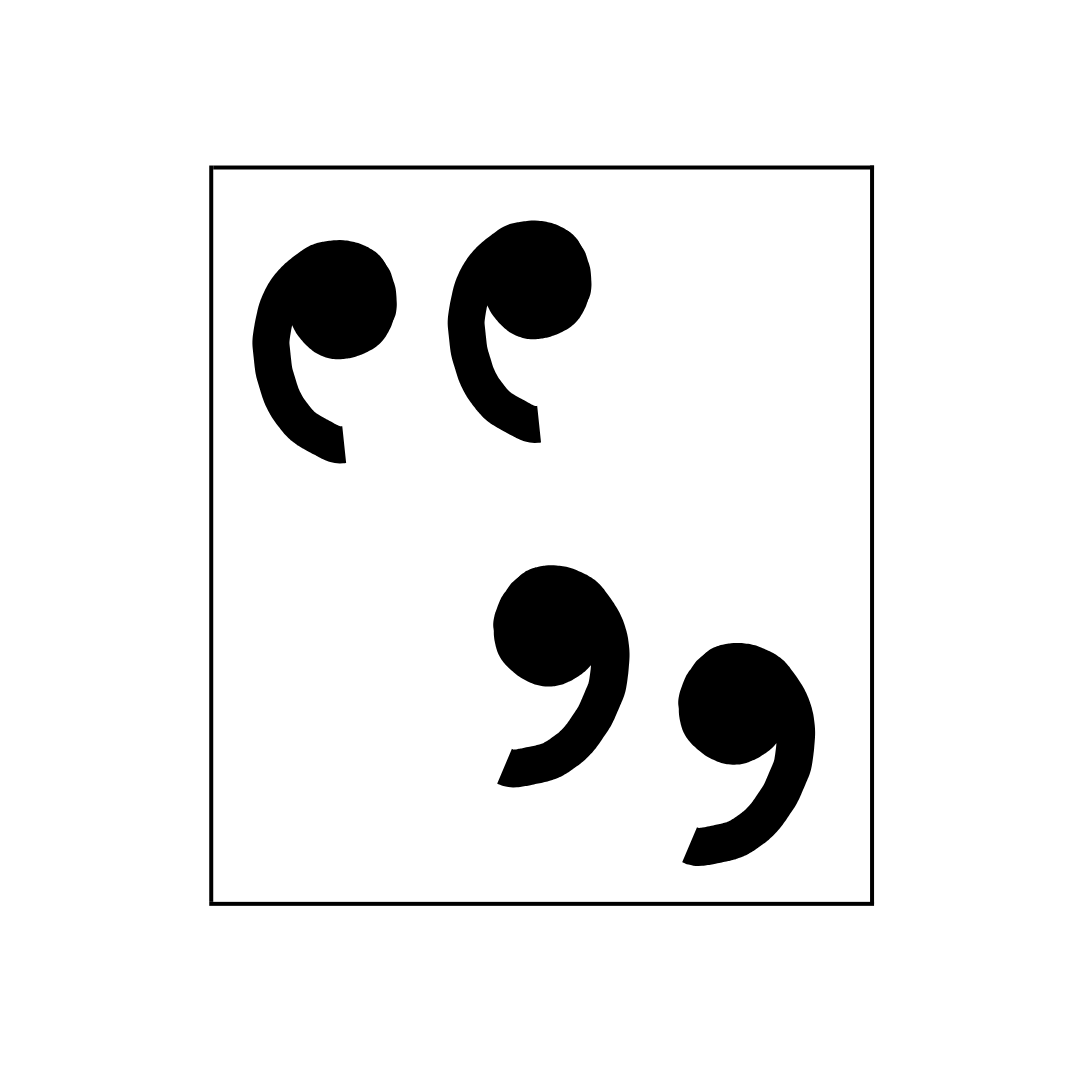Gender-Neutral Words
Gener-Neutral Words
Gender-Neutral words are pronouns that are used when the gender of someone is unknown, or a person’s identity is non-binary or genderless. The purpose of gender-neutral words is to remove gender bias from the English language. For instance, convention once dictated that a person or people whose gender was unclear would be referred to with masculine pronouns only.
For instance
I don’t know who owns that car, but they’ve parked in my spot!
Was once
I don’t know who owns that car, but he’s parked in my spot!
If the speaker does not know who owns the car, why would they assume it was a male driver? By avoiding the presumption that the subject would be any particular gender, we construct sentences that are applicable to a wider, more diverse audience. By crafting our sentences for inclusivity, we avoid singling out one particular gender.
Here is a table of examples that demonstrate the contrast between gender-neutral and gender-specific pronouns:
Gender-Neutral
They ran a red light.
They left their jacket.
Their work was stellar .
Gender-Specific
He/she ran a red light.
He/she left his/her jacket.
His/her work was stellar.
As part of the move toward gender-neutral language, many gendered terms are being removed from daily speech in favour of more egalitarian words.
Man
Mankind
Manmade
Policeman
Stewardess
Mother
Father
Son
Daughter
Actress
becomes
becomes
becomes
becomes
becomes
becomes
becomes
becomes
becomes
becomes
person or individual
people or humanity
machine made, synthetic or artificial
police officer
flight attendant
parent
parent
child
child
actor
Gendered terms can encourage a particular, harmful bias in readers. Watch any work you are writing or editing for unnecessary gendered language to avoid any unintended bias, presumption or stereotyping.






